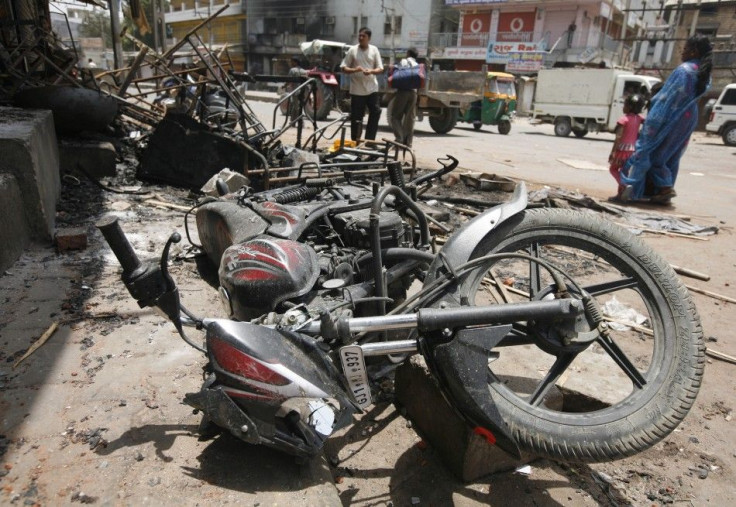Gujarat Rioters in India Convicted of Killing 31 Muslims

An Indian court on Wednesday found 31 people guilty of killing 33 Muslims by setting a building on fire during religious riots in the state of Gujarat in 2002.
Judge S.T Srivastava acquitted 42 other Hindus of murder charges for lack of evidence. The convicted have the ability to appeal the verdict in a higher court.
Out of the 73 accused, 31 are guilty and 42 are acquitted of all charges, Srivastava told the special court near Sardarpura village, where the 33 Muslims sought shelter in a small house.
The 31 people convicted were sentenced to life in prison and fined $1,000 each.
The trial in Gujarat followed an investigation, ordered by the Supreme Court, into the events that took place on March 1, 2002. A mob of Hindu rioters surrounded houses belonging to Muslims in Sardapura village in the district of Mehsana and set them on fire, burning dozens of people alive, including men, women and children, The New York Times reported.
The violence continued into the night, the rioters killing and looting and setting fires, burning the Muslim-owned shops and houses.
Since the partition of the subcontinent into India and Pakistan on independence from Britain in 1947, relations between Hindus and Muslims have been, on the whole, peaceful. But the worst bout of violence erupted in 2002 when more than 1,000 people, the majority of them Muslim, were killed by Hindu mobs after a train fire killed 30 Hindus returning from a pilgrimage, Fox News reported.
To determine a verdict, the Supreme Court referred the case back to the Gujarat courts, after detailing orders about the investigation, witness protection and conduct of the trial in 2008 and 2009.
The special investigation team did not go into the issue of wider conspiracy of riots, Teesta Setalvad, an activist who represents riot victims, said following Wednesday's judgment. Some of the witnesses testified and hinted about the wider conspiracy but that was overlooked.
© Copyright IBTimes 2025. All rights reserved.





















